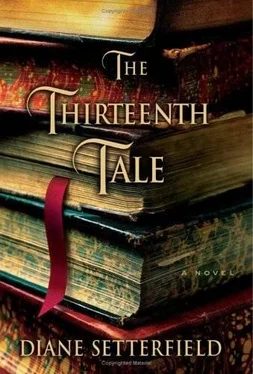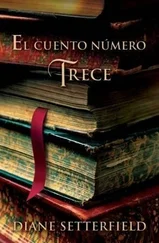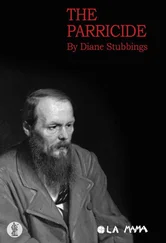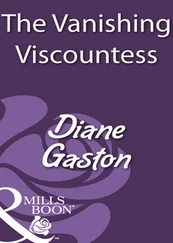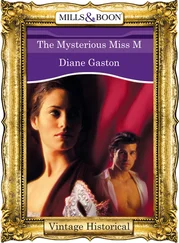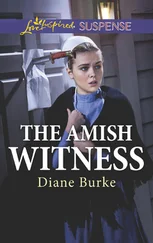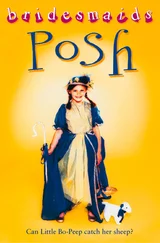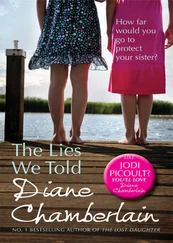Charlie was less directly influenced. He kept out of her way and that suited both of them. She had no desire to do anything other than her job, and her job was us. Our minds, our bodies and our souls, yes, but our guardian was outside her jurisdiction, and so she left him alone. She was no Jane Eyre and he was no Mr. Rochester. In the face of her spruce energy he retreated to the old nursery rooms on the second floor behind a firmly locked door, where he and his memories festered together in squalor. For him the Hester effect was limited to an improvement in his diet and a firmer hand over his finances, which, under the honest but flimsy control of the Missus, had been plundered by unscrupulous traders and businesspeople. Neither of these changes for the good did he notice, and if he had noticed them I doubt he would have cared.
But Hester did keep the children under control and out of sight, and had he given it any thought he would have been grateful for this. Under Hester's reign there was no cause for hostile neighbors to come complaining about the twins, no imperative to visit the kitchen and have a sandwich made by the Missus, above all, no need to leave, even for a minute, that realm of the imagination that he inhabited with Isabelle, only with Isabelle, always with Isabelle. What he gave up in territory, he gained in freedom. He never heard Hester; he never saw her; the thought of her never once entered his head. She was entirely satisfactory.
Hester had triumphed. She might have looked like a potato, but there was nothing that girl couldn't do, once she put her mind to it.
Miss Winter paused, her eyes set fixedly on the corner of the room, where her past presented itself to her with more reality than the present and me. At the corners of her mouth and eyes flickered half-expressions of sorrow and distress. Aware of the thinness of the thread that connected her to her past, I was anxious not to break it, but equally anxious for her not to stop her story.
The pause lengthened. "And you?" I prompted softly. "What about you?" "Me?" She blinked vaguely. "Oh, I liked her. That was the trouble." "Trouble?" She blinked again, shuffled in her seat and looked at me with a new, sharp gaze. She had cut the thread. "I think that's enough for today. You can go now."
With the story of Hester, I fell quickly back into my routine. In the mornings I listened to Miss Winter tell me her story, hardly bothering now with my notebook. Later in my room, with my reams of paper, my twelve red pencils and my trusty sharpener, I transcribed what I had memorized. As the words flowed from the point of my pencil onto the page, they conjured up Miss Winter's voice in my ear; later, when I read aloud what I had written, I felt my face rearranging itself into her expressions. My left hand rose and fell in mimicry of her emphatic gestures, while my right lay, as though maimed, in my lap. The words turned to pictures in my head. Hester, clean and neat and surrounded by a silvery gleam, an all-body halo that grew broader all the time, encompassing first her room, then the house, then its inhabitants. The Missus transformed from a slow-moving figure in darkness to one whose eyes darted about, bright with seeing. And Emmeline, under the spell of Hester's shiny aura, allowing herself to be changed from a dirty, malnourished vagabond into a clean, affectionate and plump little girl. Hester cast her light even into the topiary garden, where it shone onto the ravaged branches of the yews and brought forth fresh green growth. There was Charlie, of course, lumbering in the darkness outside the circle, heard but not seen. And
John-the-dig, the strangely named gardener, brooding on its perimeter, reluctant to be drawn into the light. And Adeline, the mysterious and dark-hearted Adeline.
For all my biographical projects I have kept a box of lives. A box of index cards containing the details-name, occupation, dates, place of residence and any other piece of information that seems relevant-of all the significant people in the life of my subject. I never quite know what to make of my boxes of lives. Depending on my mood they either strike me as a memorial to gladden the dead ("Look!" I imagine them saying as they peer through the glass at me. "She's writing us down on her cards! And to think we've been dead two hundred years!") or, when the glass is very dark and I feel quite stranded and alone this side of it, they seem like little cardboard tombstones, inanimate and cold, and the box itself is as dead as the cemetery. Miss Winter's cast of characters was very small, and as I shuffled them in my hands their sparse flimsiness dismayed me. I was being given a story, but as far as information went, I was still far short of what I needed.
I took a blank card and began to write.
Hester Barrow
Governess
Angelfield House
Born:?
Died:?
I stopped. Thought. Did a few sums on my fingers. The girls had been only thirteen. And Hester was not old. With all that verve she couldn't be. Had she been thirty? What if she were only twenty-five? A mere twelve years older than the girls themselves… Was it possible? I wondered. Miss Winter, in her seventies, was dying. But that didn't necessarily mean a person older than her would be dead. What were the chances?
There was only one thing to do.
I added another note to the card and underlined it.
Was it because I had decided to look for Hester that I saw her that night in a dream?
A plain figure in a neatly belted dressing gown, on the galleried landing, shaking her head and pursing her lips at the fire-stained walls, the jagged, broken floorboards and the ivy winding its way up the stone staircase. In the middle of all this chaos, how lucid everything was close to her. How soothing. I approached, drawn to her like a moth. But when I entered her magic circle, nothing happened. I was still in darkness. Hester's quick eyes darted here and there, taking in everything, and came to rest on a figure standing behind my back. My twin, or so I understood in the dream. But when her eyes passed over me it was without seeing.
I woke, a familiar hot chill in my side, and reexamined the images from my dream to understand the source of my terror. There was nothing frightening in Hester herself. Nothing unnerving in the smooth passage of her eyes over and through my face. It was not what I saw in the dream but what I was that had me trembling in my bed. If Hester did not see me, then it must be because I was a ghost. And if I was a ghost, then I was dead. How could it be otherwise?
I rose and went into the bathroom to rinse my fear away. Avoiding the mirror, I looked instead at my hands in the water, but the sight filled me with horror. At the same time as they existed here, I knew they existed on the other side, too, where they were dead. And the eyes that saw them, my eyes, were dead in that other place, too. And my mind, which was thinking these thoughts… was it not also dead? A profound horror took hold of me. What kind of an unnatural creature was I? What abomination of nature is it that divides a person between two bodies before birth, and then kills one of them? And what am I that is left? Half-dead, exiled in the world of the living by day, while at night, my soul cleaves to its twin in a shadowy limbo.
I lit an early fire, made cocoa, then wrapped myself in dressing gown and blankets to write a letter to my father. How was the shop, and how was Mother, and how was he, and how, I wondered, would one go about finding someone? Did private detectives exist in reality or only in books? I told him what little I knew about Hester. Could a search be set in motion with so little information to go on? Would a private detective take on a job like the one I had in mind? If not, who might?
Читать дальше
